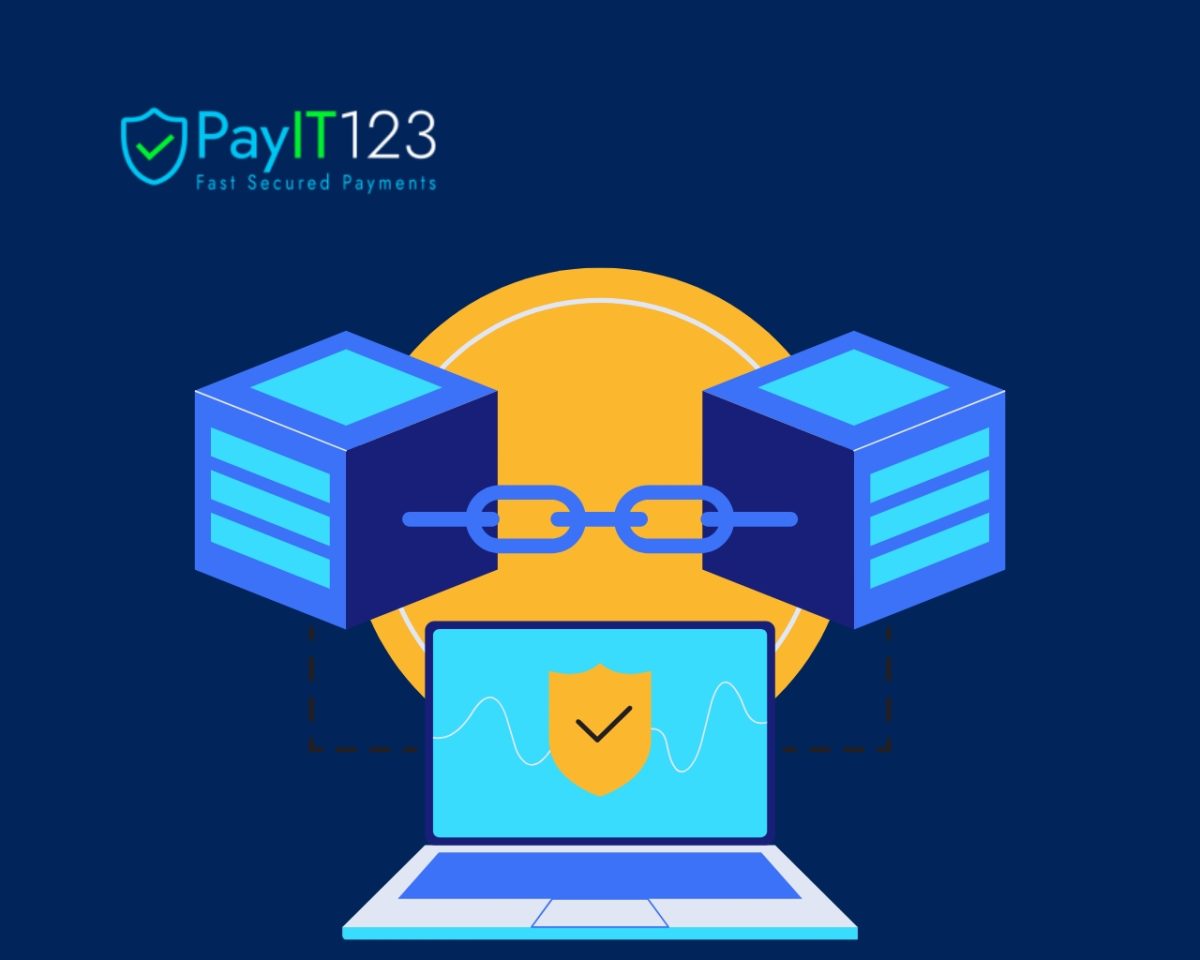Introduction
In recent years, blockchain technology has emerged as a revolutionary force in the financial sector, particularly in payment processing. Originally known as the underlying technology behind cryptocurrencies like Bitcoin, blockchain’s decentralized, transparent, and secure nature is now being leveraged to streamline and enhance traditional payment systems. As businesses and consumers seek faster, more secure, and cost-effective ways to transfer money, blockchain has become essential in reshaping the future of payment processing. Here’s a look at the role of blockchain in modern payment processing and its potential impact on the industry.
1. Increased Security
Security is one of the primary concerns in payment processing, especially in an era of data breaches, identity theft, and fraud. Traditional payment systems are vulnerable to hacks and cyberattacks, relying on centralized servers that malicious actors can target. On the other hand, blockchain operates through a decentralized network of computers, known as nodes, which ensures that no single entity controls the entire system.
Each transaction on the blockchain is encrypted and recorded in an immutable public ledger, meaning that once data is added, it cannot be changed or tampered with. This transparency and immutability make blockchain a highly secure alternative to traditional payment methods, protecting payments from fraud and unauthorized access.
2. Faster Transactions
Traditional payment methods, such as bank transfers or credit card payments, can take days, especially for cross-border transactions. This delay is due to the involvement of multiple intermediaries, such as banks, payment processors, and clearinghouses, which can slow down the transfer of funds.
Blockchain technology allows for peer-to-peer transactions, eliminating the need for intermediaries. Blockchain-based payment systems enable real-time or near-instantaneous processing, significantly reducing the time it takes to transfer money. For international payments, blockchain can eliminate the need for currency conversions and multiple transaction fees, making cross-border payments quicker and more affordable.
3. Lower Transaction Fees
Traditional payment systems often involve multiple layers of fees, including processing fees, foreign exchange charges, and service fees. These fees can increase quickly, especially for businesses and individuals making frequent or high-value transactions.
Blockchain payments reduce or eliminate many of these fees by removing intermediaries. There’s less overhead because blockchain networks don’t require traditional financial institutions to verify or process transactions. This leads to significant cost savings for both businesses and consumers. For example, using blockchain to transfer funds internationally could be much cheaper than using traditional banking systems or online money transfer services, which often charge high fees for cross-border transactions.
4. Transparency and Traceability
Blockchain technology offers crucial transparency. Every transaction is recorded on a public ledger accessible to all network participants, making it ideal for businesses tracking real-time payment flows.
Blockchain’s traceability feature also allows businesses to track payments with precision and accountability, which is valuable for ensuring compliance, auditing, and reducing disputes. Since the data is immutable and time-stamped, verifying when and where a transaction occurred is easy, providing greater trust and transparency between all parties involved.
5. Financial Inclusion
Blockchain can bring financial services to the unbanked and underbanked worldwide. In many developing regions, access to traditional banking services is limited, and people often rely on informal or inefficient methods for sending and receiving money.
Blockchain-powered payment systems can reduce barriers to entry by enabling users to send and receive payments with just a smartphone and internet access. These systems allow individuals and small businesses to participate in the global economy without needing access to traditional banking infrastructure, helping to promote financial inclusion and democratize financial services.
Conclusion
Blockchain technology is poised to transform payment processing by providing a more secure, efficient, and cost-effective alternative to traditional systems. Its ability to increase security, reduce transaction fees, speed up payment processing, and offer transparency is reshaping the financial industry. As businesses and consumers continue to adopt blockchain-based solutions, the future of payment processing will be faster, more accessible, and more secure, revolutionizing how we send and receive money worldwide.
#Blockchain #PaymentProcessing #Fintech #Cryptocurrency #FinancialInclusion #BlockchainSecurity #DigitalPayments #PaymentSolutions #FinancialTechnology #CrossBorderPayments

